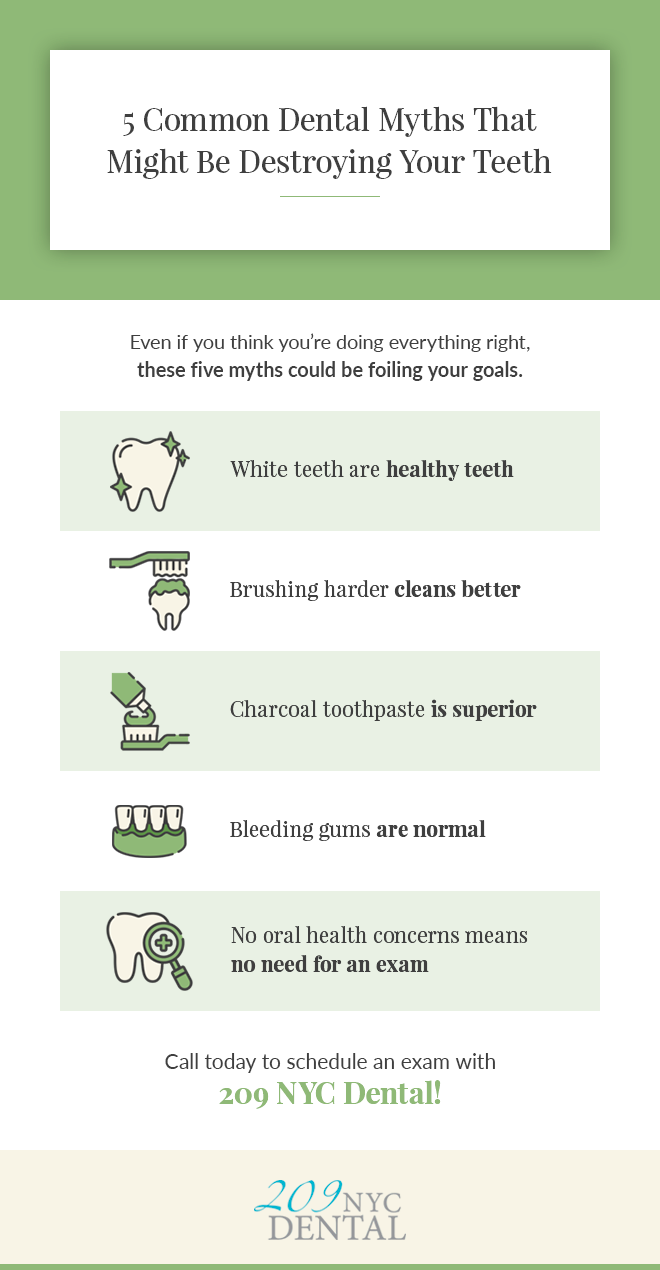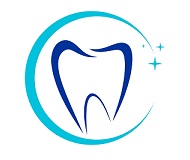Introduction
Dental scaling is a common dental procedure that involves the removal of plaque and tartar from the teeth and gums. Despite its importance in maintaining oral health, there are several myths and misconceptions surrounding dental scaling. In this blog post, we will debunk some of the most common myths associated with dental scaling and provide you with accurate information to help you make informed decisions about your oral health.
Dental scaling is painful
Contrary to popular belief, dental scaling is not a painful procedure. With the use of local anesthesia, patients experience minimal discomfort during the process. The scaling instruments used by dental professionals are designed to remove plaque and tartar gently, ensuring a comfortable experience for the patient.
Dental scaling damages tooth enamel
Some people worry that dental scaling can harm the enamel of their teeth. However, when performed by a skilled professional, dental scaling does not damage the tooth enamel. In fact, it helps to remove the buildup of plaque and tartar, which can lead to tooth decay and gum disease if left untreated.
Dental scaling is only necessary for people with gum disease
While dental scaling is commonly recommended for individuals with gum disease, it is not limited to them. Regular dental scaling is an essential part of maintaining good oral hygiene for everyone. It helps to prevent the development of gum disease, cavities, and other oral health issues.
Dental scaling makes teeth sensitive
Some individuals believe that dental scaling can make their teeth more sensitive. However, any sensitivity experienced after the procedure is temporary and usually subsides within a few days. Dental scaling actually helps to improve oral health and reduce sensitivity in the long run by removing the plaque and tartar that can contribute to sensitivity.
Dental scaling is a cosmetic procedure
While dental scaling can improve the appearance of your teeth by removing stains and discoloration, it is primarily a preventive procedure. The main goal of dental scaling is to remove plaque and tartar, which can lead to gum disease and tooth decay if not addressed. By keeping your teeth and gums healthy, dental scaling helps to maintain your overall oral health.
Dental scaling is not necessary if I brush and floss regularly

Even if you brush and floss diligently, it is still possible for plaque and tartar to accumulate in hard-to-reach areas of your mouth. Dental scaling is necessary to remove this buildup and ensure that your teeth and gums remain healthy.
Summary
Dental scaling is often misunderstood, leading to various myths and misconceptions. However, it is crucial to separate fact from fiction when it comes to your oral health. In this blog post, we have debunked some of the most common myths about dental sca discover here ling. By understanding the truth behind these misconceptions, you can make informed decisions about your dental care and maintain a healthy smile.
- Myth: Dental scaling is painful.
- Answer: Dental scaling is usually painless as it is performed under local anesthesia. You may experience some sensitivity or discomfort after the procedure, but it is temporary.
- Myth: Dental scaling can damage the enamel.
- Answer: Dental scaling, when performed by a professional, does not damage the enamel. In fact, it helps remove plaque and tartar buildup, protecting the enamel from decay and other dental problems.
- Myth: Dental scaling is only necessary if you have visible tartar.
- Answer: Tartar buildup is not always visible to the naked eye. Dental scaling is essential to remove both visible and invisible plaque and tartar, preventing gum disease and maintaining oral health.
- Myth: Dental scaling makes teeth more sensitive.
- Answer: Dental scaling itself does not make teeth more sensitive. However, if you already have sensitive teeth, you may experience temporary sensitivity after the procedure. This sensitivity should subside within a few days.
- Myth: Dental scaling is a cosmetic procedure.
- Answer: Dental scaling is not solely a cosmetic procedure. While it does help improve the appearance of teeth by removing stains and discoloration, its primary purpose is to prevent and treat gum disease, maintain oral hygiene, and promote overall oral health.

Welcome to my website! My name is Richard Brecknock, and I am a dedicated professional Dental Prosthetist with a passion for creating beautiful smiles and improving oral health. With years of experience in the field, I am committed to providing exceptional dental care and ensuring the utmost comfort for my patients.

